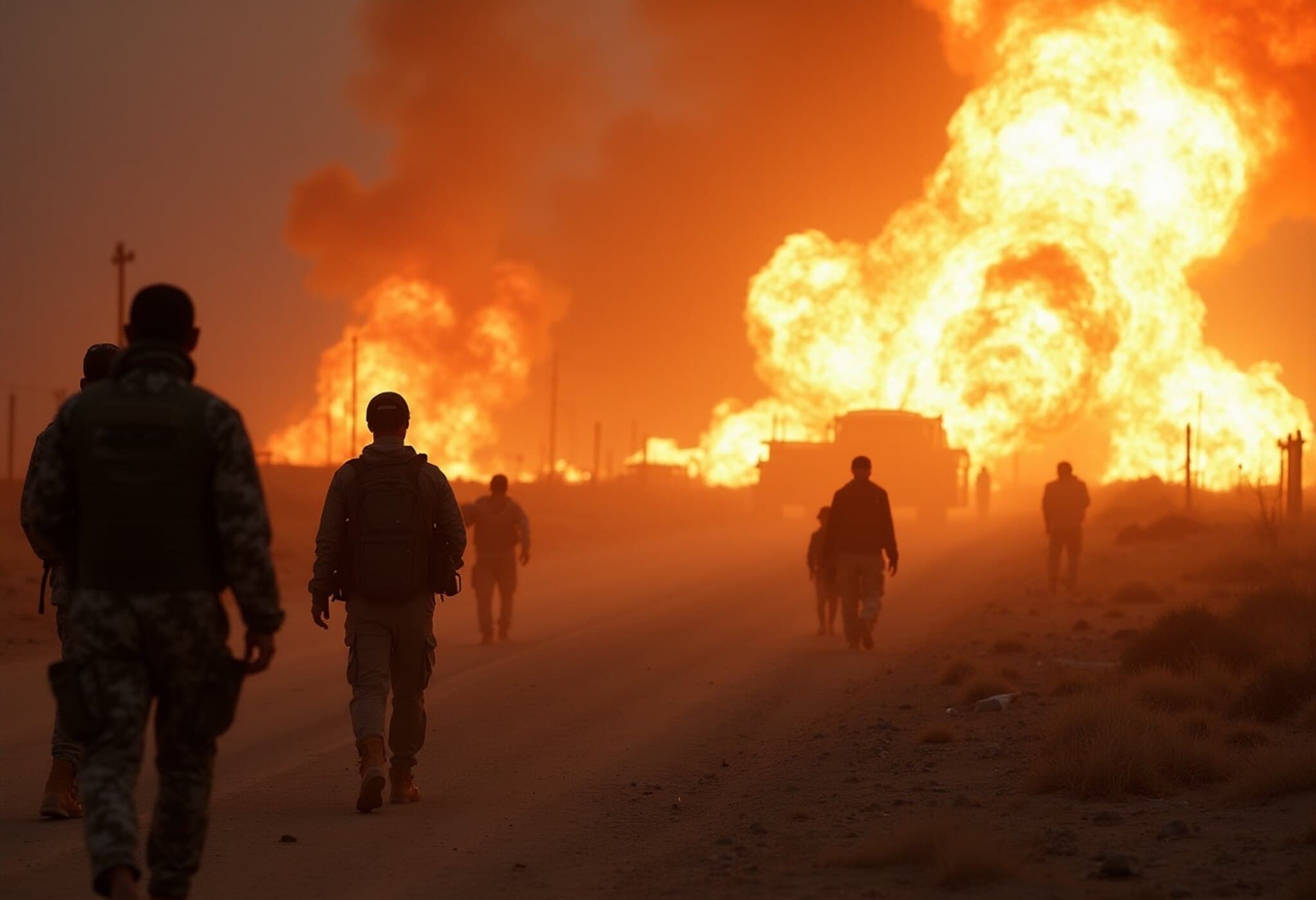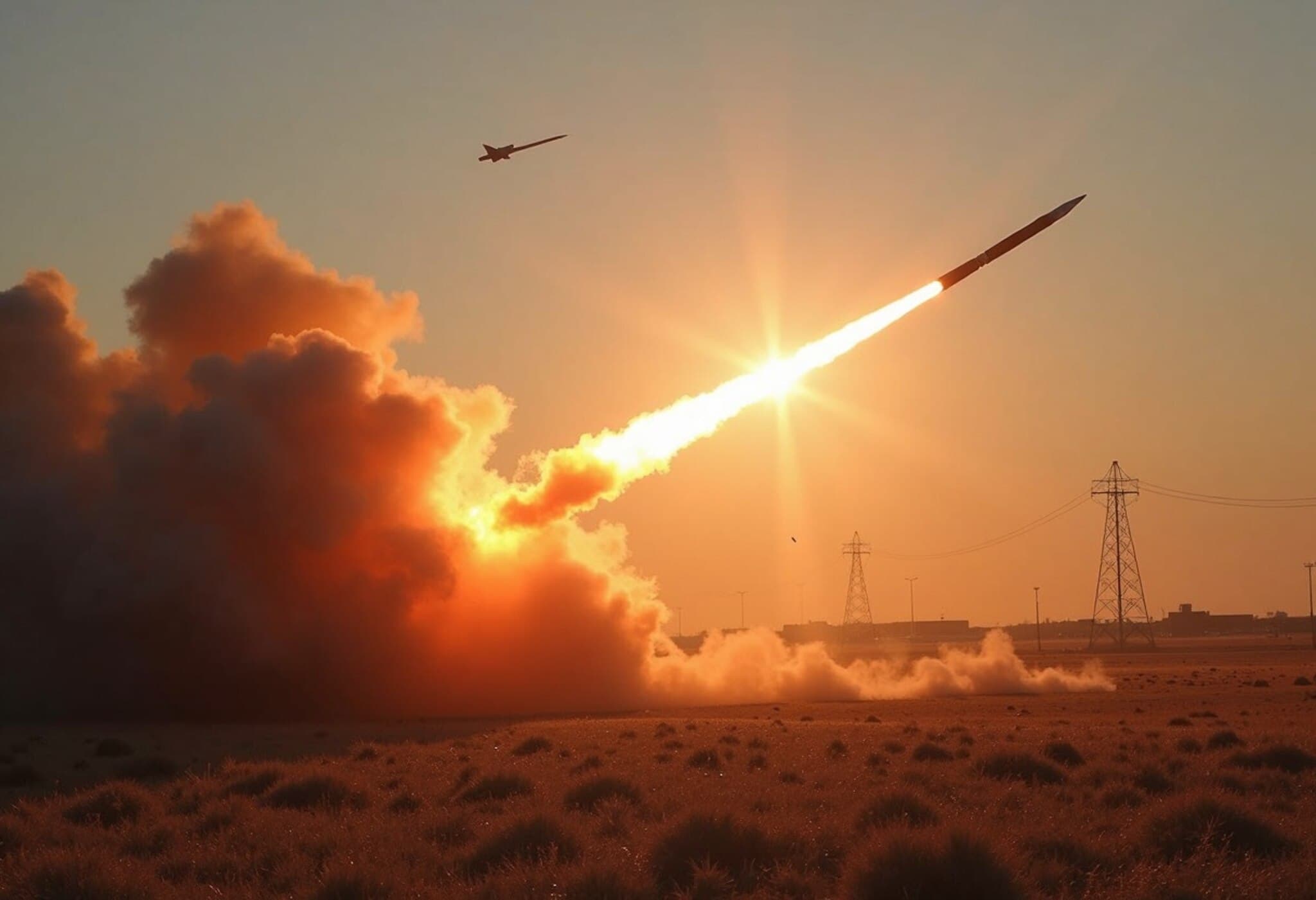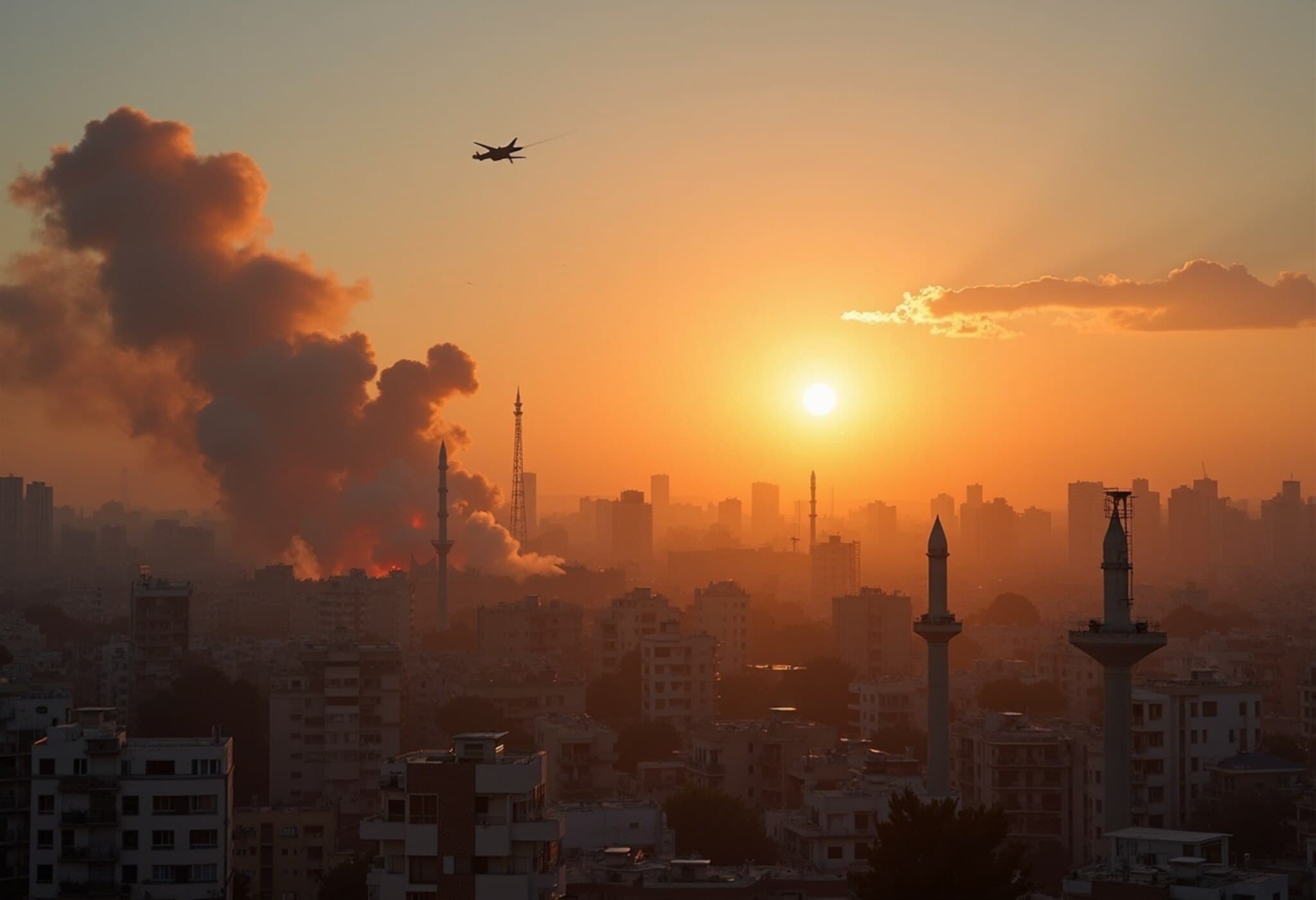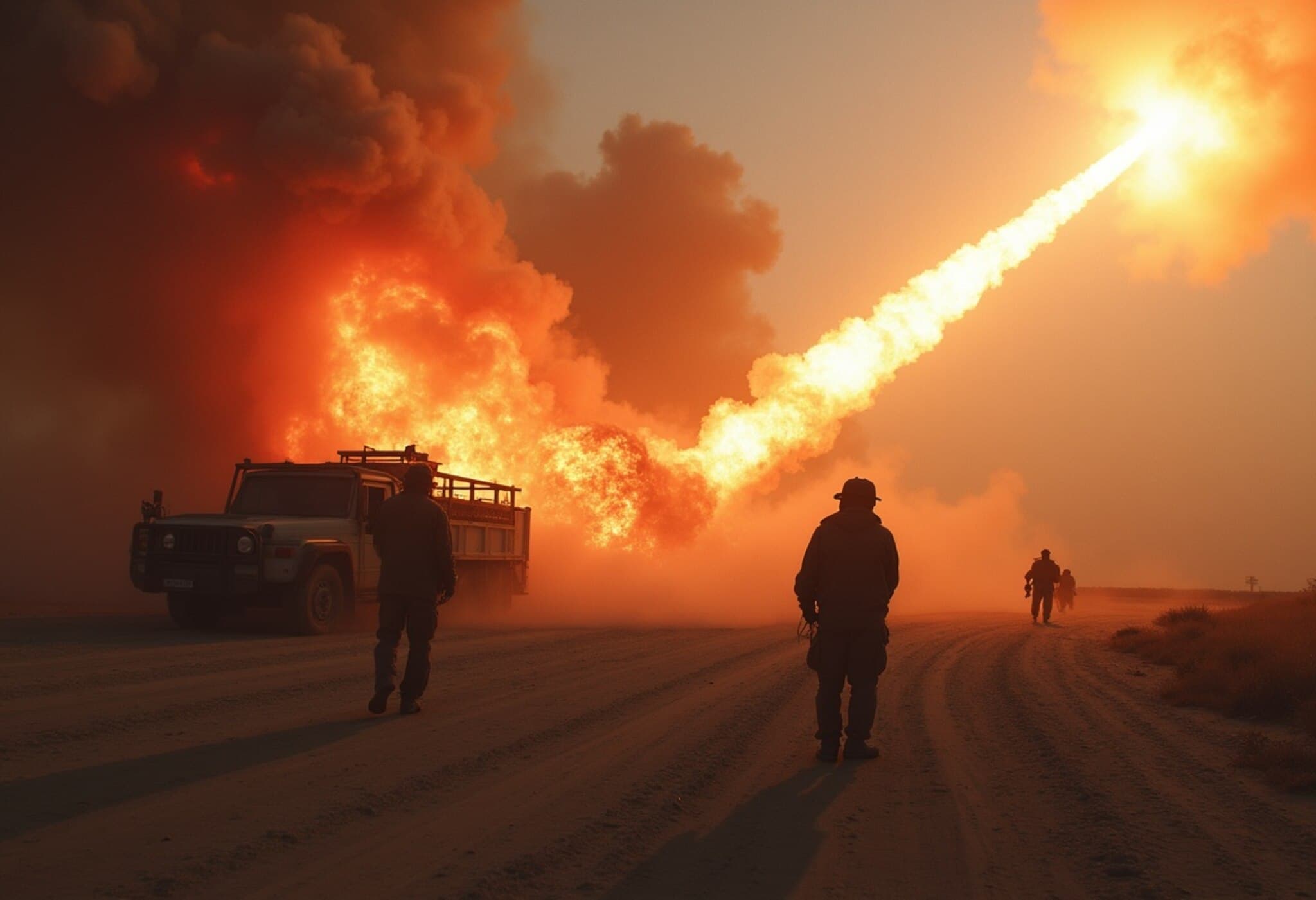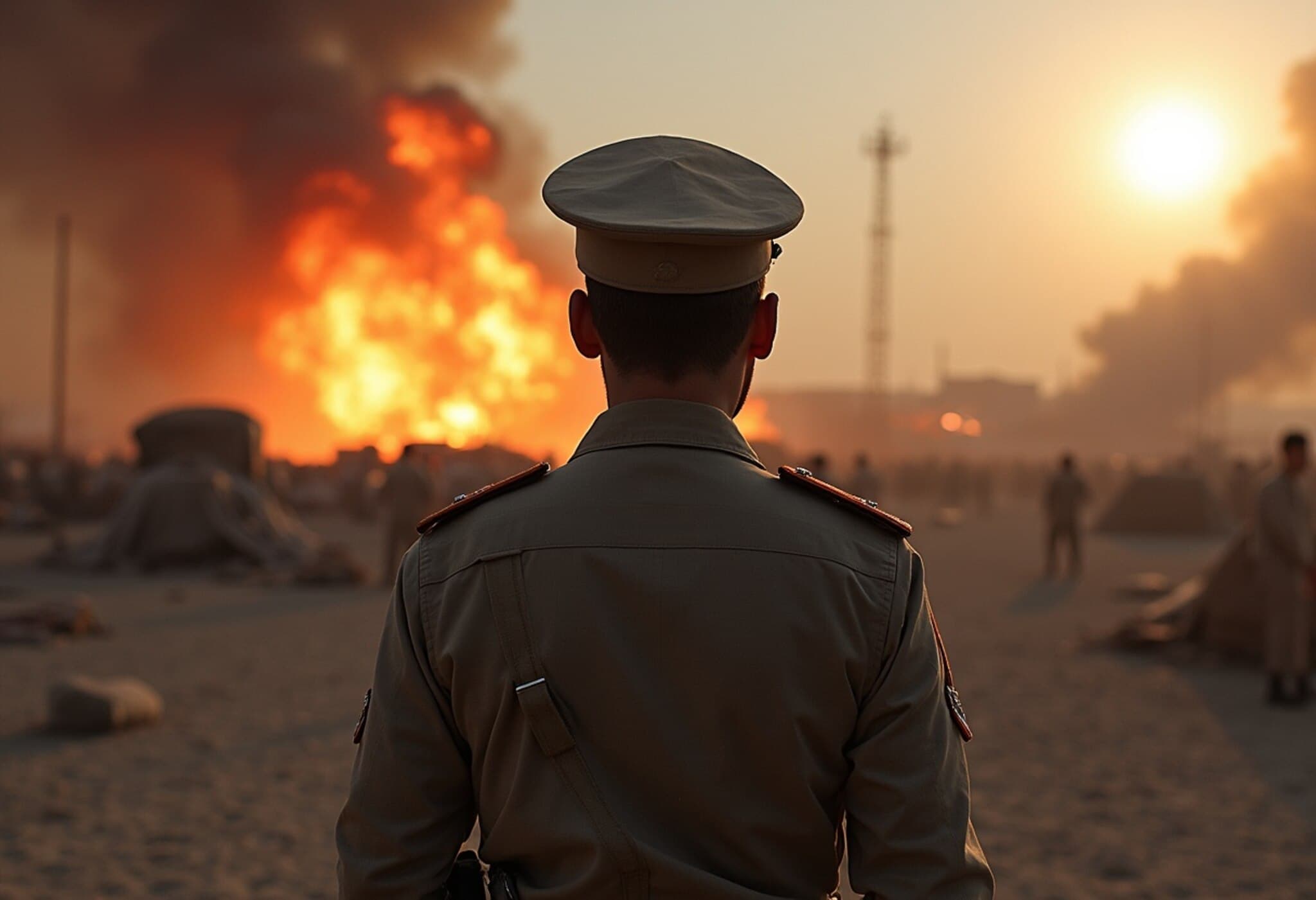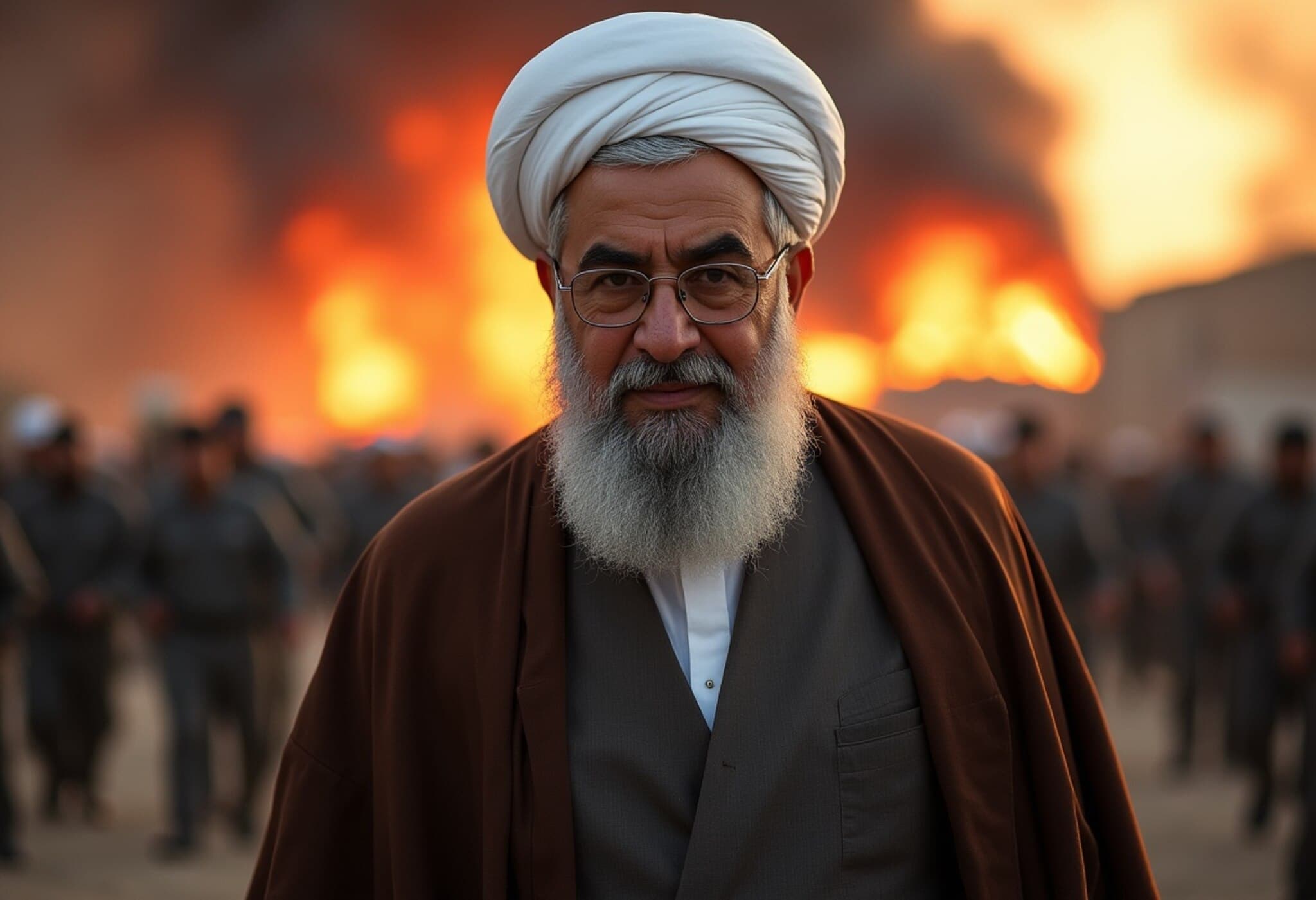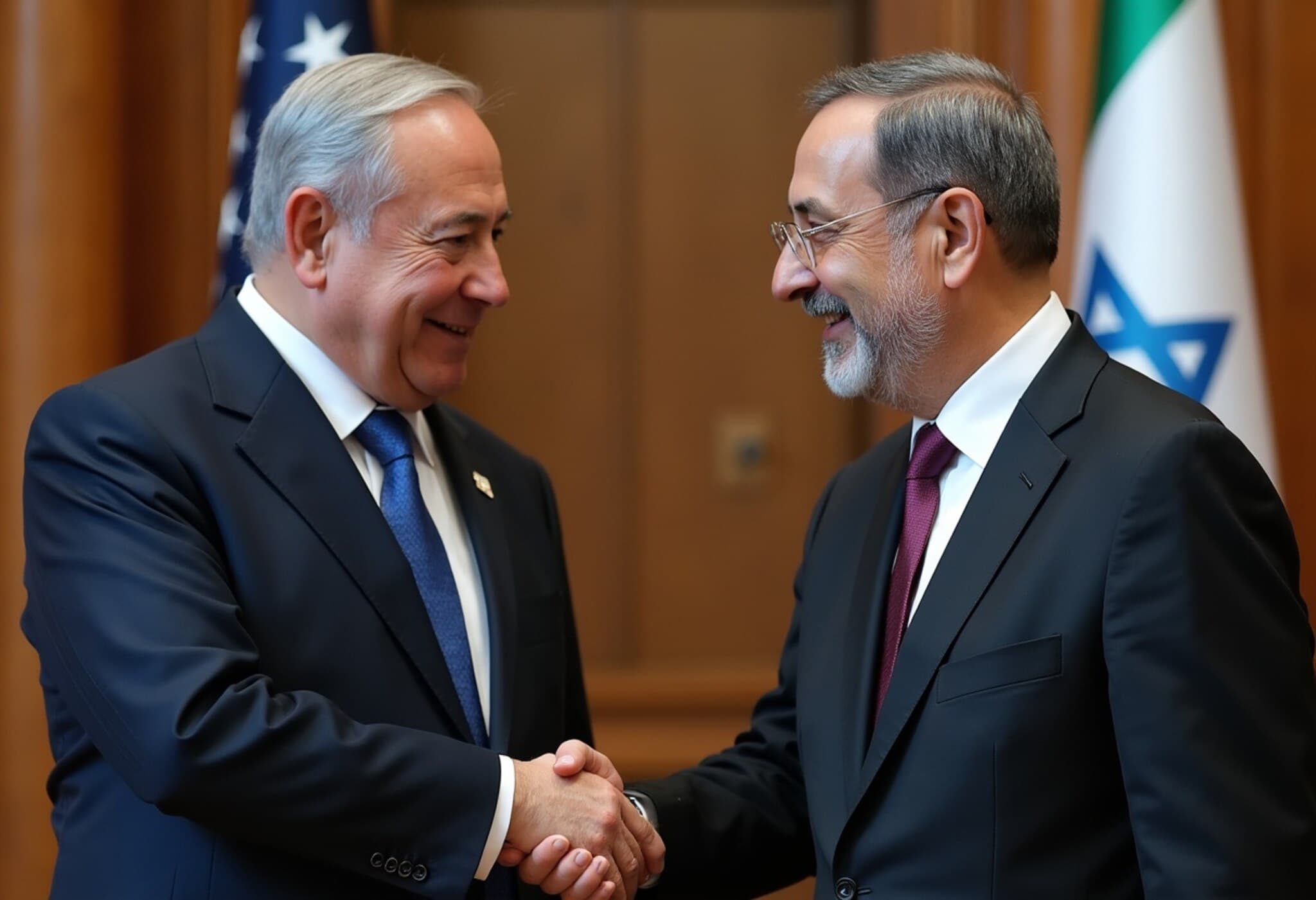Explosion Rocks Uyghur Rebel Weapons Depot in Syria’s Idlib Province
On July 25, 2025, a catastrophic series of blasts tore through a weapons and ammunition storage facility belonging to the Turkistan Islamic Party (TIP), a Uyghur-led jihadist group entrenched in northwestern Syria. The incident, which occurred in the town of Maaret Misrin in the embattled Idlib region, resulted in the deaths of at least 12 people, including women and children, and left over 100 others injured, according to the Britain-based Syrian Observatory for Human Rights.
Conflicting Casualty Figures and Immediate Aftermath
Syria’s Health Ministry, speaking through the state-run news agency SANA, reported a slightly lower toll of 7 fatalities and 157 wounded. Visuals released by AFP depicted thick white smoke billowing over the town, highlighting the scale and intensity of the blast, and showed the distress of local children caught amid the chaos.
The Turkistan Islamic Party’s Role and Regional Impact
The TIP is known to comprise predominantly Uyghur fighters who have taken up arms in the Syrian civil war with a mission against the regime of Bashar al-Assad. Their presence has long added a complex ethnic and geopolitical dimension to the Syrian conflict. This explosion not only devastates their operational capability but also heightens regional security concerns, particularly regarding arms proliferation and the vulnerability of local civilian populations to militant activities.
Challenges Ahead: Investigation and Security Risks
Local authorities in Syria have launched an “urgent and deep investigation” to determine the exact cause behind the explosions. The Interior Ministry emphasized accountability and preventive measures to avoid a recurrence. However, the fragile security landscape of Idlib — characterized by competing armed factions and international interest — makes both thorough investigations and long-term stability elusive.
Expert Perspectives and Underreported Aspects
The incident sheds light on a seldom-discussed facet of the Syrian conflict: the dangers posed by unsecured militant stockpiles in civilian areas. Experts warn that such depots, often poorly guarded and situated near residential zones, present high risks of accidental or intentional detonations that amplify civilian suffering.
Moreover, the presence of Uyghur fighters connects this localized tragedy to the broader geopolitical tension between China, concerns over Uyghur extremism, and foreign jihadist networks. The explosion also raises critical questions regarding international monitoring of foreign fighters and the indirect consequences their involvement brings to local Syrian communities.
Implications for U.S. Policy and Regional Stability
From a U.S. foreign policy angle, the event underscores persistent challenges in containing extremist groups in Syria and the humanitarian fallout from ongoing conflict zones. It calls attention to the need for enhanced intelligence cooperation among allies to monitor arms flows and reduce civilian casualties linked to insurgent activities.
Summary
- At least 12 killed and over 100 injured in a weapons depot blast in northern Syria.
- The Turkistan Islamic Party, a Uyghur jihadist group, owned the targeted site.
- Authorities have launched an investigation but details on the cause remain unclear.
- The explosion highlights risks to civilians and complex geopolitical ramifications involving foreign fighters.
Editor's Note
This tragic explosion at the TIP arms depot not only represents a deadly flare-up in an already intricate conflict but also brings forth broader questions about the human cost of militant networks operating near civilian populations. As international stakeholders weigh in, it remains imperative to deepen understanding of such underreported dynamics shaping Syria’s protracted crisis, and the ripple effects on geopolitical alliances and regional security.

